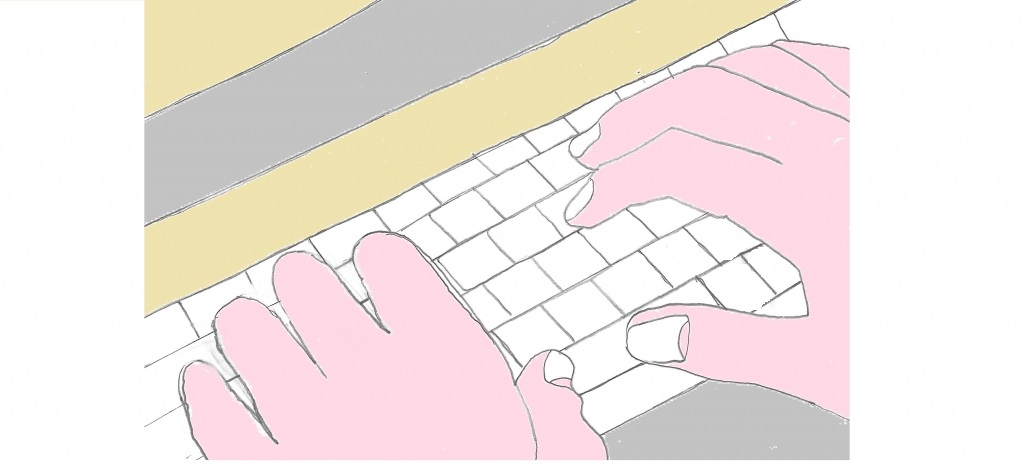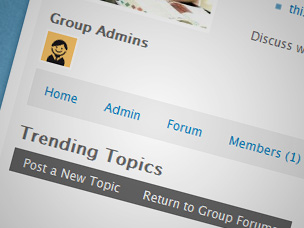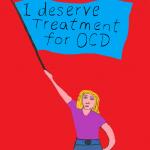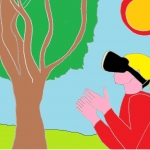Support and tips for coping during the pandemic
June 11th 2020
The COVID-19 pandemic has had a huge impact on everyone’s life. Being away from friends and family, losing the structure of our days and the constant news updates and guidelines could be anxiety provoking for anyone, but for people with pre-existing mental health conditions like OCD, it could be particularly challenging. OCD Action and OCD Youth have spoken to lots of people whose OCD has been impacted by the pandemic, and so we wanted to share some useful information with you to help you through this tough time!
Firstly, we wanted to share with you a fantastic leaflet that was put together by the National and Specialist OCD, BDD and Related Disorders Clinic, South London and Maudsley NHS Foundation Trust. It provides some really useful tips and suggestions for how to fight OCD during this situation, but also how to generally keep well.
Read the leaflet here: OCD and COVID-19
OCD Action has also put together some tips to help you fight your OCD and manage anxiety during the pandemic:
Look out for the function: for example, ask yourself – is the washing being carried out for the recommended amount of time to reduce the risk of spreading of the virus, or is it being done ritualistically in a specific order with termination criteria of feeling comfortable/ ‘just right’? Recognising that a behaviour is driven by OCD anxiety is the first step to challenging it.
Acknowledge the distress: remember that fear and anxiety are normal responses that everyone will be dealing with to varying degrees at this challenging time. Trying to suppress these emotions could lead to increased compulsions (and consequently increased anxiety), so try not to be hard on yourself when you feel distressed.
Spend limited time checking social media and the news: while it is natural and understandable to want to be well-informed about COVID-19 and the latest developments, be mindful that repeatedly checking news sources and social media for updates can lead to increased anxiety and distress. Remember that social media will be full of unsubstantiated reports and speculation surrounding the virus and that not everyone will be using social media in a responsible and supportive way. Try to limit yourself to seeking information only from reputable news (such as the NHS website) and information sites, perhaps once or twice a day, and only engaging with people on social media who you trust and who can support you. Muting key words on Twitter and disabling notifications on media apps can help with this.
Only do what is recommended and no more: Try to limit handwashing to the recommended time and no more. Adhering to these guidelines will help you to monitor whether your compulsions are increasing in frequency and/or severity. Find the guidelines for protecting against COVID-19 here.
Prepare: Self-isolation can be a daunting prospect for many people who have OCD. It could therefore be helpful to think of ideas for activities to do at home if you do have to self-isolate at any point, e.g. getting stuck in to your reading list, watching films and TV shows, starting a creative project etc. Having a range of activities to engage in will help to keep you mentally and physically occupied while isolating.
Challenge your OCD in other ways: if specific contamination rituals are becoming too difficult at the moment, try and recognise other ways that your OCD affects you, and attempt some exposure work in those areas. Perhaps pick just one compulsion that you feel you can try and reduce or resist – even one time – and try and challenge yourself in that way instead.
Acknowledge and celebrate every victory you do have over OCD! It can be challenging, especially during periods of heightened anxiety, to acknowledge that every time you resist or reduce a compulsion, you are fighting OCD and winning! Be proud of yourself for even trying to challenge OCD.
Connect with others: whether you are self-isolating or not, living with OCD can often feel quite lonely, but there are people who can help and others in the same situation. Consider connecting with others through forums, support groups, or helplines (more info below).
Seek support: We have a youth helpline for anyone who needs to chat (over email), which you can contact via youthhelpline@ocdaction.org.uk, youth forums, skype support groups (many of these are for over 18s, but we do have a group for 16-20 year olds with OCD and BDD). If you are currently in therapy for OCD, try contacting your therapist or service provider and ask if they offer skype/phone sessions instead of face-to-face appointments.







